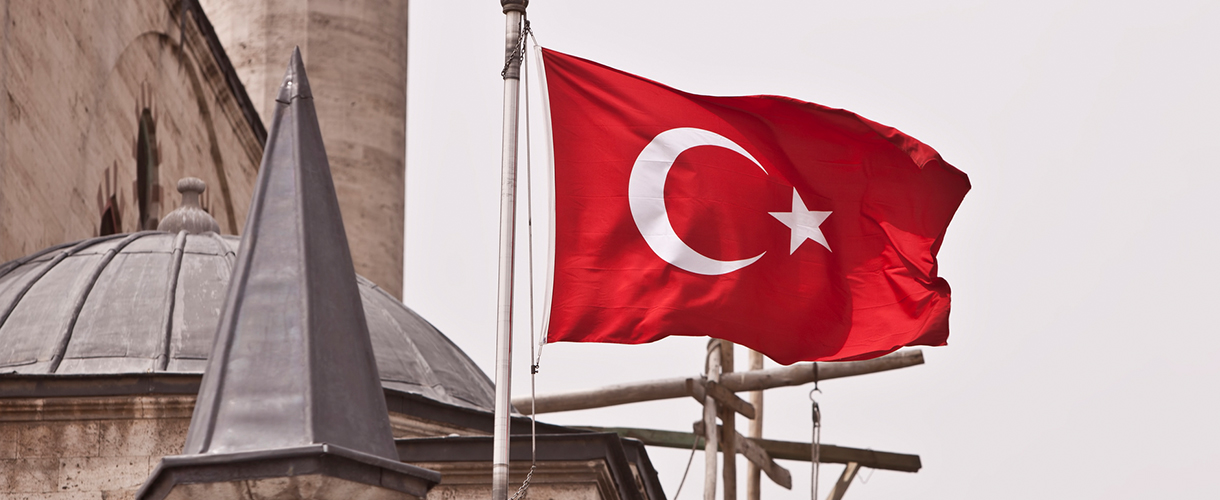(Washington, D.C.) — This week, the 2021 Transparency International Corruption Perceptions Index (CPI) revealed that financial corruption has deteriorated more inTurkey than in any other country in Eastern Europe and Central Asia since 2012. The NGO gave Turkey a score of 38/100, marking a decline from 40/100 in 2020, and from 49/100 in 2012. The report indicates that the country is gripped by oligarchy and economic mismanagement, as President Erdogan’s power is propped up by a kleptocratic web of state contracts and dogmatic monetary policy.
Transparency International, which annually publishes a Corruption Perceptions Index a scale of 0 (highly corrupt) to 100 (very clean), found that widespread perception that government institutions serve private interests has led to diminished public trust, as Ankara continues to foster ‘impunity for high-level corruption’ while implementing ‘tailor-made laws’.
The CPI report attributed Turkey’s declining score to the increased power of the executive branch under President Erdogan. It notes that Erdogan’s pursuit of entrenched power and ‘state capture’ has eroded judicial independence, enabling rampant corruption by the country’s business and political elites.
Transparency International’s assessment follows the October 2020 decision taken by global financial watchdog Financial Action Task Force (FATF) to place Turkey on the ‘grey list’ for failing to combat global money laundering and terrorist financing. The FATF’s decision subjects Turkey to special monitoring by the International Co-operation Review Group, placing the country in the company of Syria, South Sudan, and Yemen. The move constrains Turkey’s access to foreign capital and places pressure on the EU to add the country to its own money-laundering list.
To help highlight the endemic corruption fostered by Erdogan’s presidency, the Turkish Democracy Project (TDP) has commenced a campaign contacting international companies to underscore the political risk, ethical hazard, and environmental damage of continuing to associate with compromised projects in Turkey.
A recent letter called on Stantec, a Canadian consulting and project services company, to explain its dealings with certain controversial projects that are accused of corruption and environmental despoliation, including the Gaziantep stormwater infrastructure project and Efemcukuru Mine’s Underground Crushing Station.
Turkish Democracy Project Executive Director Madeleine Joelson said:
“President Erdogan and the ruling elite are waging a war against Turkey’s democratic foundations, which in turn enables rampant corruption by the same political elite. Turkish citizens continue to bear the brunt of a growing kleptocracy.
Ankara uses state capture and weak procurement regulations to award state contracts through noncompetitive tenders. Private companies operating in Turkey must be called to account for their complicity in enabling the government’s rampant corruption and the country’s steep decline towards autocratic rule.
We hope that TDP ‘s campaign will increase pressure on dubious business interests in Turkey, compelling international firms to act with transparency and accountability in their dealings with compromised Turkish projects, and withdraw their support where this is not possible.”





